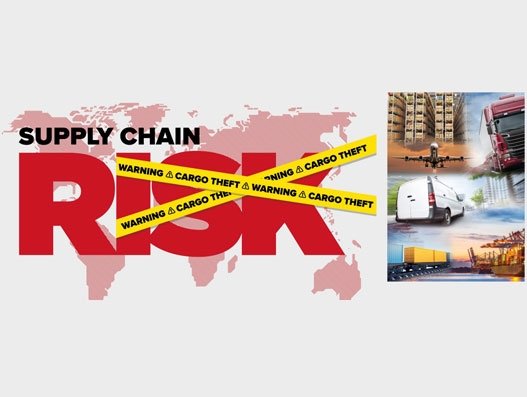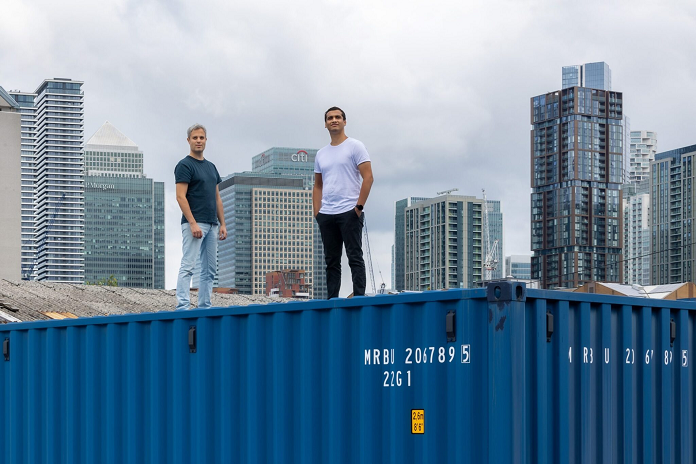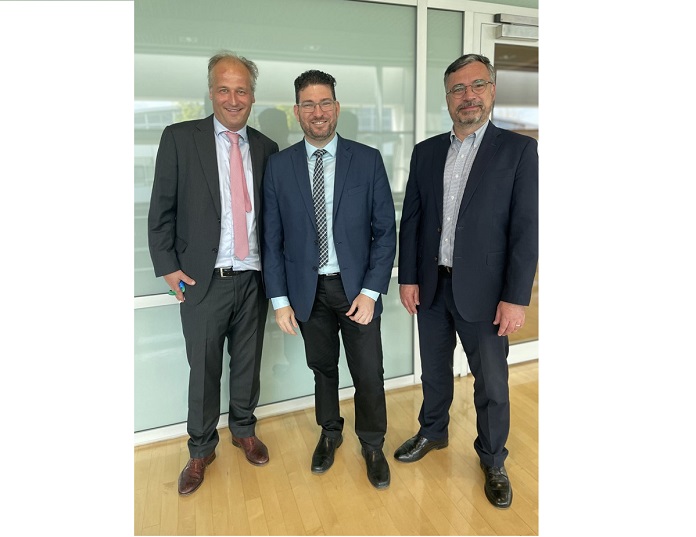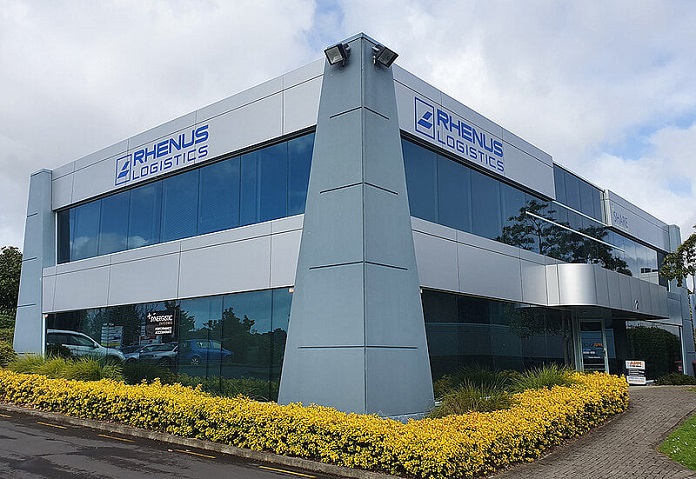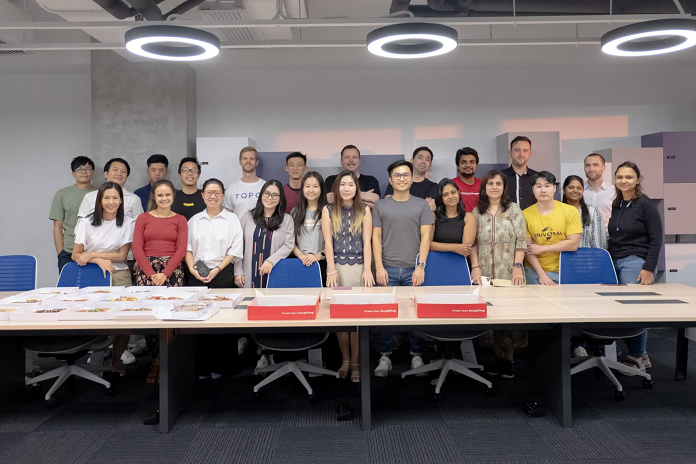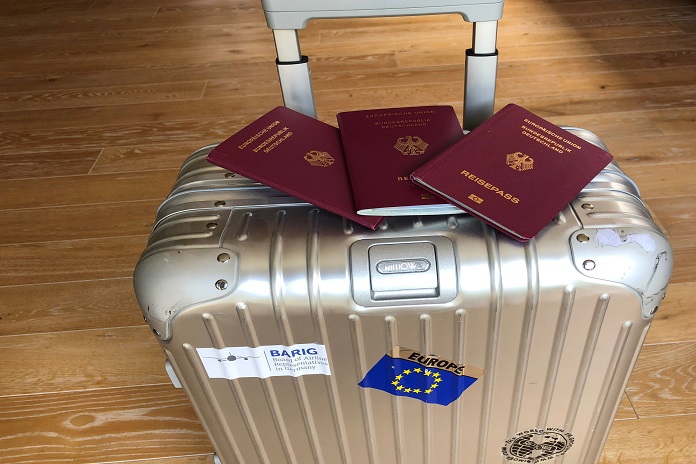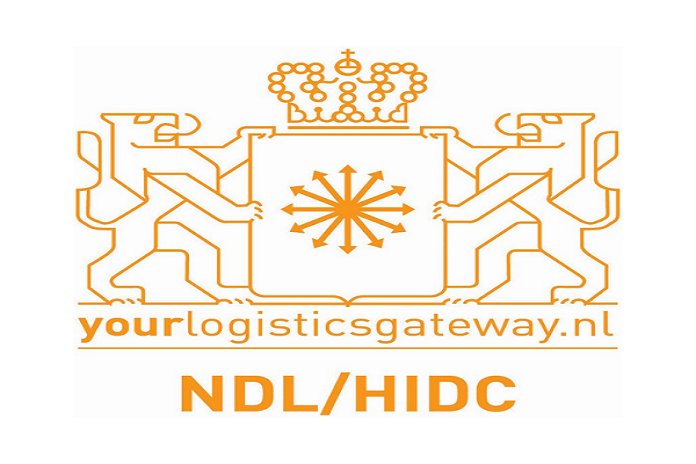Manufacturers and logistics service providers must be prepared to protect their supply chains from a projected significant spike in cargo thefts as coronavirus lockdowns begin to be lifted across Europe, the Middle East, and Africa (EMEA) region, the Transported Asset Protection Association (TAPA) has warned.
With entire national populations being advised to stay at home to stop the spread of COVID-19 since the beginning of March, cargo thieves have clearly found it much more challenging to target goods in warehouses or onboard trucks. Still, however, TAPA’s Incident Information Service (IIS) has received reports of over 400 thefts of products from supply chains between 1 March-29 May 2020, valued at more than €16.4 million. These crimes took place in 37 countries across the EMEA region, with the average value of major cargo crimes of €100,000 or above-exceeding €840,000.
In April alone, the Association – the world’s leading Security Expert Network for everyone in the supply chain – recorded a series of seven-figure losses, including thefts of two million face masks in Spain, sports equipment in the United Kingdom, and mobile phones in Kenya. The 2020 figures, though, show a significant drop over TAPA’s IIS statistics for the same period of 2019. Then, over the course of the corresponding 90 days, the Association’s incident database was notified of over 2,500 cargo thefts with a total value in excess of €33 million.
With communities and businesses across EMEA now starting to return to some kind of normal, Thorsten Neumann, President & CEO of TAPA EMEA, expects a substantial rise in criminal activity, adding to the financial and reputational pressures on the supply chain sector.
“Cargo crime is a 24/7/365 phenomenon but the outbreak of COVID-19, and the lockdown enforced by governments across the EMEA region, has severely disrupted the activities of both organised crime groups (OCGs) and opportunist cargo thieves. Evidence shows offenders clearly like to disappear into the crowd but with fewer people and vehicles on the streets and roads, criminals-at-large have faced a much higher rate of detection. Subsequently, many have gone-to-ground over this period – but they have not gone away. OCGs, in particular, will be looking to make up for lost ‘income’ during this period and this is likely to result in much higher risks for the transport and logistics industry, with trucks remaining most vulnerable to attack.
“Cargo thieves see disruptions to supply chains as windows of opportunity. The emerging risk for businesses is due to the distortion of their supply chains; blanked sailings, ships not calling at all ports, short term shift to rail from China-to-Europe – either due to less air and sea capacity or excessive air cargo rates and shifts from scheduled to charter freighter flights. The result is that many shipments are moving along unfamiliar routes and through different hubs and cross-docks where risks might not be fully known or assessed, and transit times are longer.
Congestion at hubs is also generating risks, for example, truck drivers often don’t have time to get to safe parking places because they waited so long to load. Supply chains are being stretched, traceability is more challenging, and there is a greater risk of cybercrime as a consequence of more home-based employees and greater systems exposure. These factors are going to test the resilience of every supply chain.”
As well as providing its members with a constant source of incident intelligence to understand when, where and how cargo thieves are operating, TAPA EMEA also offers a database of secure truck parking places across the region to help protect this most vulnerable mode of transport. On 1 July 2020, the Association also launched the latest revisions of its Facility Security Requirements (FSR) and Trucking Security Requirements (TSR) industry standards used by multi-national service providers and SMEs to protect goods being stored in warehouses and while in transit.
Even though the Association says the majority of attacks and losses are still not reported to its Incident Information Service, in 2019 it still recorded 8,548 cargo thefts in 48 countries across EMEA, the highest total in TAPA’s 23-year history, and up 114.7% year-on-year. These crimes alone produced a combined loss for the manufacturers and LSPs targeted of more than €137 million, while the daily loss value of cargo products across the whole year stood at €378,058.
Thorsten Neumann added: “Companies should expect to see a spike in cargo crimes impacting every mode of transport over the rest of 2020 as cargo thieves get back to business. Last year, we recorded regular attacks on products carried via air cargo, ocean freight, road freight and rail freight, and this will continue unless companies take steps to protect themselves and their clients. We are ready to talk to any manufacturer or LSP about the solutions available to them.”

